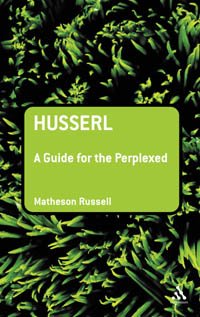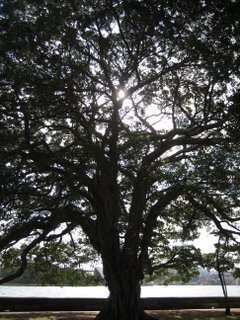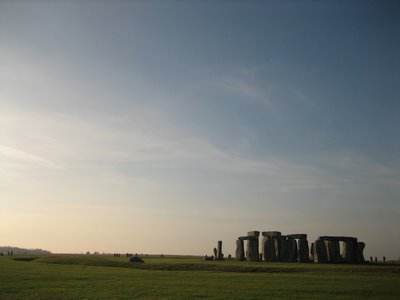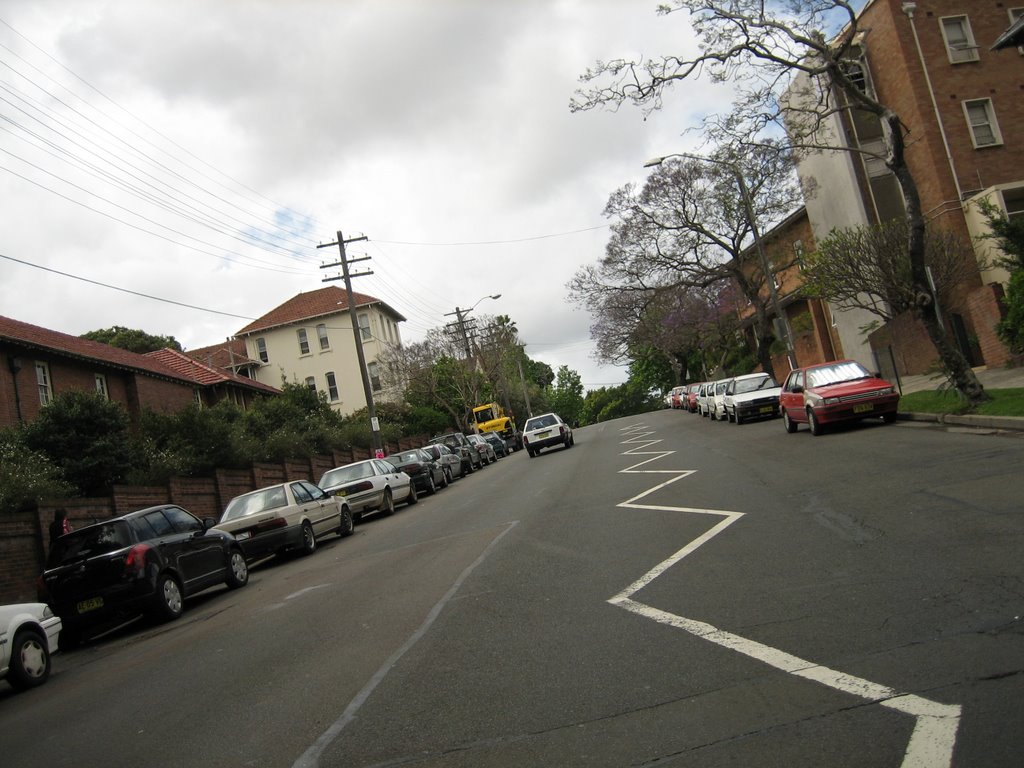Moltmann on "the end"
 In the end is the beginning: Eschatology is generally held to be the doctrine of ‘the Last Things’, or of ‘the end of all things’. To think this is to think in good apocalyptic terms, but it is not understanding eschatology in the Christian sense. To think apocalyptically means thinking things through to their end: the ambiguities of history must sometime become unambiguous; the time of transience must sometime pass away; the unanswerable questions of existence must sometimes cease. The question about the end bursts out of the torment of history and the intolerableness of historical existence. To echo a German proverb: better a terrifying end than this endless terror.
In the end is the beginning: Eschatology is generally held to be the doctrine of ‘the Last Things’, or of ‘the end of all things’. To think this is to think in good apocalyptic terms, but it is not understanding eschatology in the Christian sense. To think apocalyptically means thinking things through to their end: the ambiguities of history must sometime become unambiguous; the time of transience must sometime pass away; the unanswerable questions of existence must sometimes cease. The question about the end bursts out of the torment of history and the intolerableness of historical existence. To echo a German proverb: better a terrifying end than this endless terror.
Eschatology seems to search for the ‘final solution’ of all the insoluble problems, as Isaiah Berlin indignantly remarked, playing on the phrase used at the Wannsee conference in 1942, where the SS decided for a ‘final solution’ of the Jewish question in the camps of mass annihilation. Theological eschatology seems to present the ‘Endgame’ of the theodrama World History. This was Hans Urs von Balthasar’s view, when he took over this title as a legacy from Samuel Beckett. If we look back to the history of eschatology, we see it pictorially represented as God’s great final judgement of the good and the wicked, with heaven for the one and hell for the other. Is the Last Judgement God’s final solution for human history? Other people have dreamed about Armageddon, the final duel in the struggle between Christ and Antichrist, or God and the Devil – whether the duel be fought out with divine fire or modern nuclear armaments.
Eschatology is always thought to deal with the end, the last day, the last word, the last act: God has the last word. But if eschatology were that and only that, it would be better to turn one’s back on it altogether; for ‘the last things’ spoil one’s taste for the penultimate ones, and the dreamed of, or hoped for, end of history robs us of our freedom among history’s many possibilities, and our tolerance for all the things in history that are unfinished and provisional. We can no longer put up with earthly, limited and vulnerable life, and in our eschatological finality we destroy life’s fragile beauty. The person who presses forward to the end of life misses life itself. If eschatology were no more than religion’s ‘final solution’ to all the questions, a solution allowing it to have the last word, it would undoubtedly be a particularly unpleasant form of theological dogmatism, if not psychological terrorism. And it has in fact been used in just this way by a number of apocalyptic arm-twisters among our contemporaries.
But Christian eschatology has nothing to do with apocalyptic ‘final solutions’ of this kind, for its subject is not ‘the end’ at all. On the contrary, what it is about is the new creation of all things. Christian eschatology is the remembered hope of the raising of the crucified Christ, so it talks about beginning afresh in the deadly end. ‘The end of Christ – after all that was his true beginning’, said Ernst Bloch. Christian eschatology follows this christological pattern in all its personal, historical and cosmic dimensions: in the end is the beginning.
That is how Dietrich Bonhoeffer took leave of his fellow prisoner, Payne Best, in Flossenbürg concentration camp, as he went to his execution: ‘This is the end – for me the beginning of life.’ That is how John on Patmos saw the Last Judgment of the world – not as annihilation, a universal conflagration, or death in a cosmic winter. He saw it as the first day of the new creation of all things: ‘See, I am making all things new’ (Rev 21.5). If we perceive it in remembrance of the hope of Christ, what is called the end of history is also simply the end of temporal history and the beginning of the eternal history of life. Christ can only be called ‘the end of history’ in the sense that he is the pioneer and leader of the life that lives eternally. Wherever life is perceived and lived in community and fellowship with Christ, a new beginning is discovered hidden in every end. What it is I do not know, but I have confidence that the new beginning will find me and raise me up.
Because of this, I have deliberately avoided calling this book about Christian eschatology ‘The Last Things’ or ‘The End of All Things’, but have given it the title: The Coming of God. In God’s creative future, the end will become the beginning, and the true creation is still to come and ahead of us.
- Jürgen Moltmann, The Coming of God: Christian Eschatology, Preface.





















